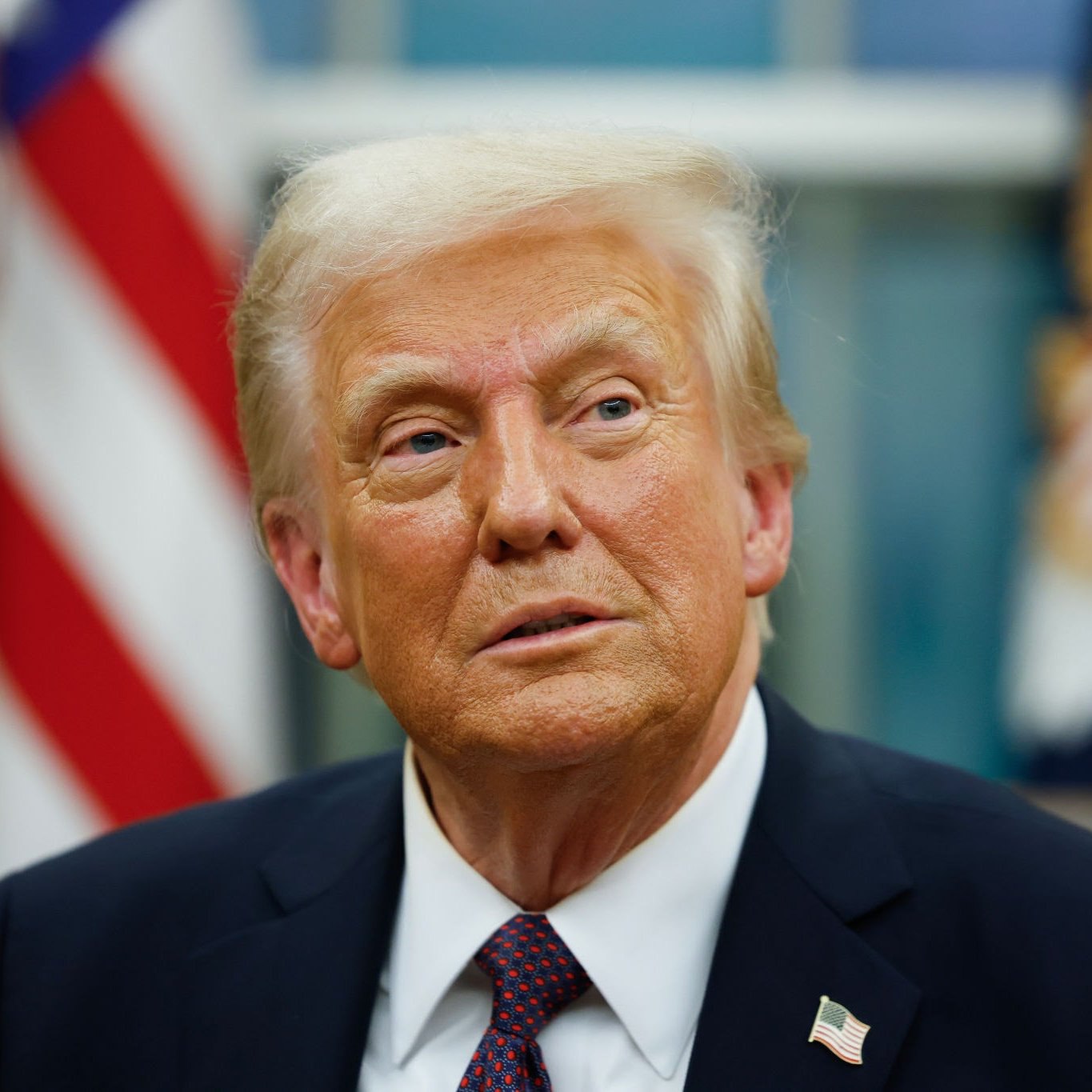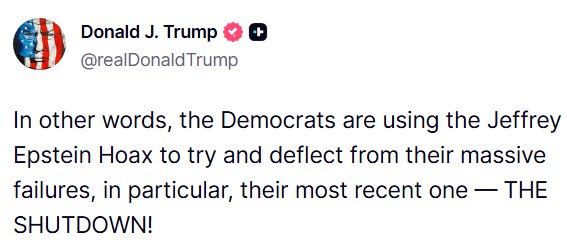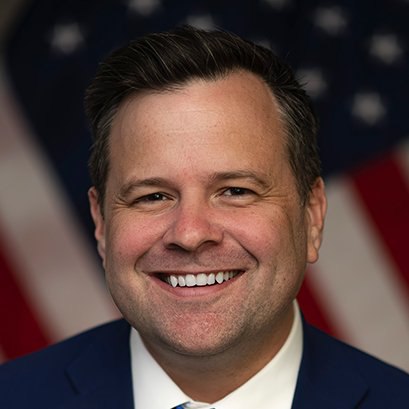Supreme Court to Hear Arguments on Trump's Firing of Fed Governor Cook
In a significant legal development, the U.S. Supreme Court has scheduled oral arguments for January 21st regarding the controversial firing of Federal Reserve Governor Lisa Cook by former President Donald Trump. The case raises critical questions about the authority of the President to dismiss Federal Reserve officials and the implications of such actions on the independence of the central bank.
Despite credible allegations of mortgage fraud against Cook, the Supreme Court has allowed her to retain her position for the time being. This decision underscores the complexities surrounding the legal framework governing the Federal Reserve and the extent of presidential power in relation to its governors.
The case has garnered attention from various stakeholders, including Bill Pulte, Director of the Federal Housing Finance Agency (FHFA), who has articulated concerns regarding the accountability and oversight of the Federal Reserve, often referred to as the "fourth branch" of government. Pulte and others argue that the President should have the authority to remove a Federal Reserve Governor for cause, particularly in light of serious allegations that could undermine public trust in the institution.
The Supreme Court's decision to hear the case could set a precedent for future interactions between the executive branch and the Federal Reserve, particularly concerning the balance of power and the independence of monetary policy. Legal experts are closely monitoring the situation, as the outcome may have far-reaching implications for the governance of the Federal Reserve and its role in the U.S. economy.
As the January hearing approaches, the legal community and policymakers alike are preparing for a pivotal moment that could redefine the relationship between the presidency and the Federal Reserve, shaping the future of economic governance in the United States.




